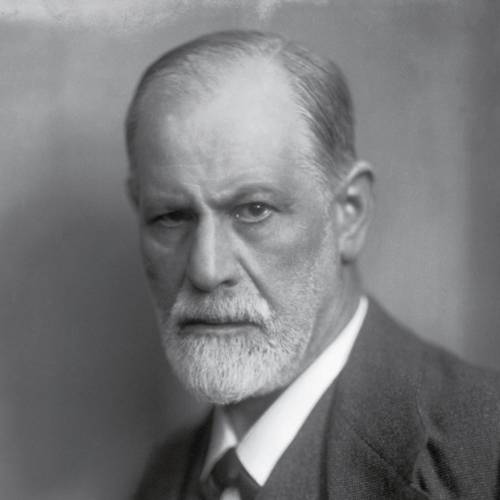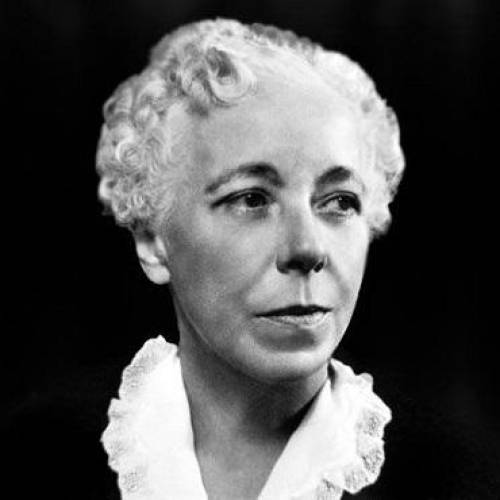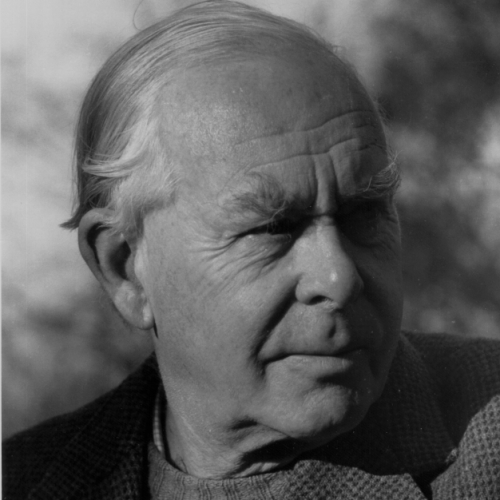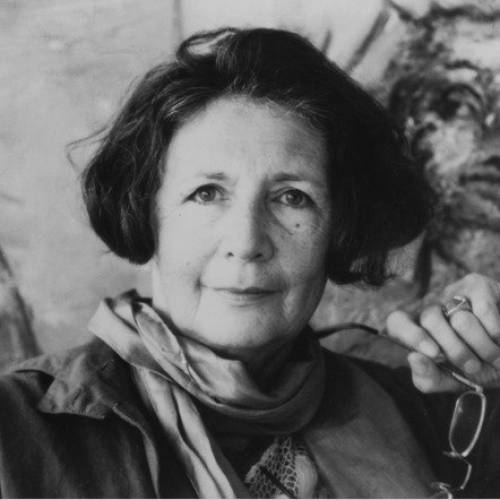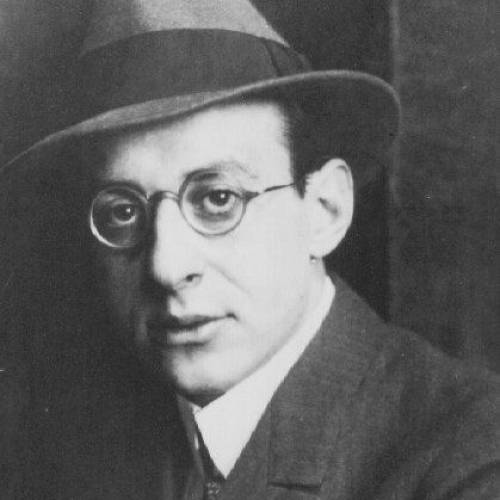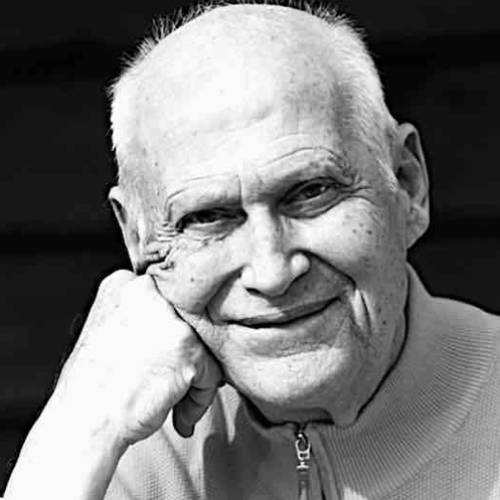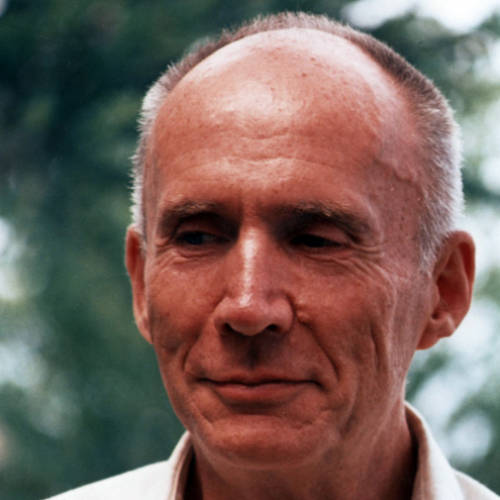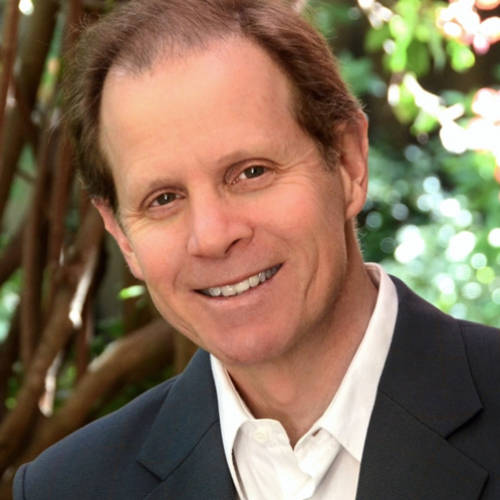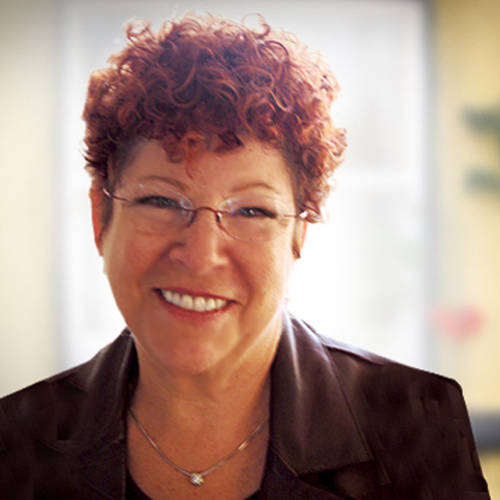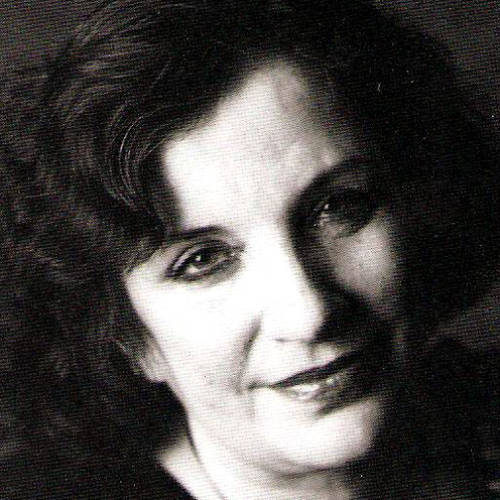Books & Resources
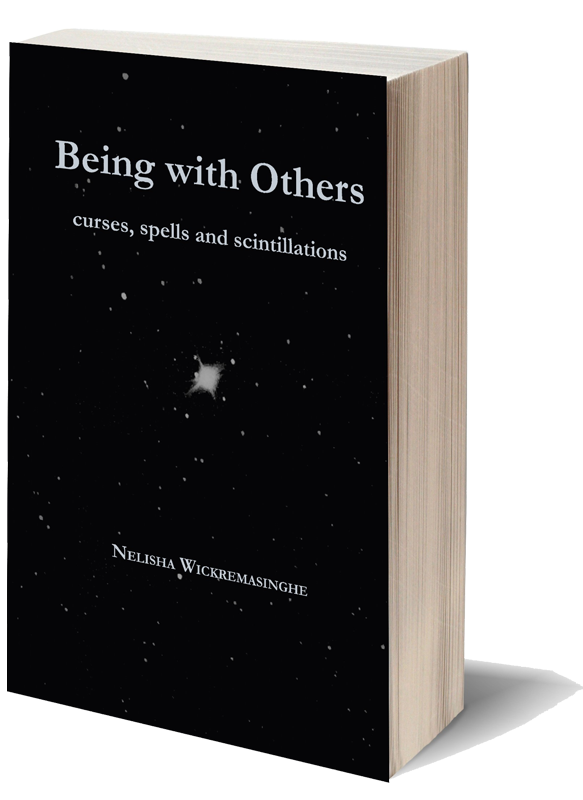
Being with Others: curses, spells and scintillations
"Being human is not easy. The capabilities and qualities we have acquired in our long evolution are both a blessing and a curse. Our ability to think and remember, and our propensity to care for each other and make sophisticated civilisations, can work against us. And so we become cursed by consciousness, by our memories, our own character, our family and by our culture. "
"This book explores how these five curses are cast into and influence our lives, and uncovers the spells we hope will break them. It shows that our most trusted spell -- the belief that a special Other can heal, protect and save us -- does not work. Which invites the question, if being with Others does not free us from our curses, what, if anything, will? "
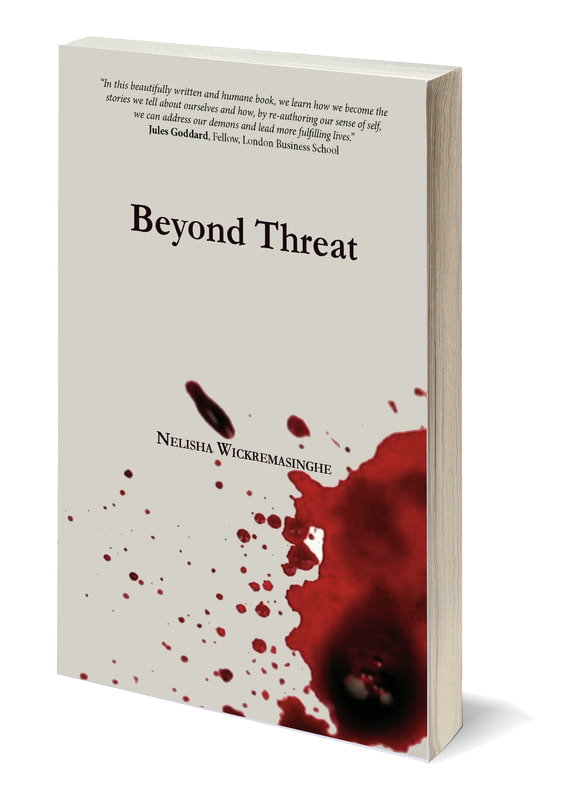
Beyond Threat
"In this beautifully written and humane book, we learn how we become the stories we tell about ourselves and how, by re-authoring our sense of self, we can address our demons and lead more fulfilling lives"
Jules Goddard - Fellow, London Business School
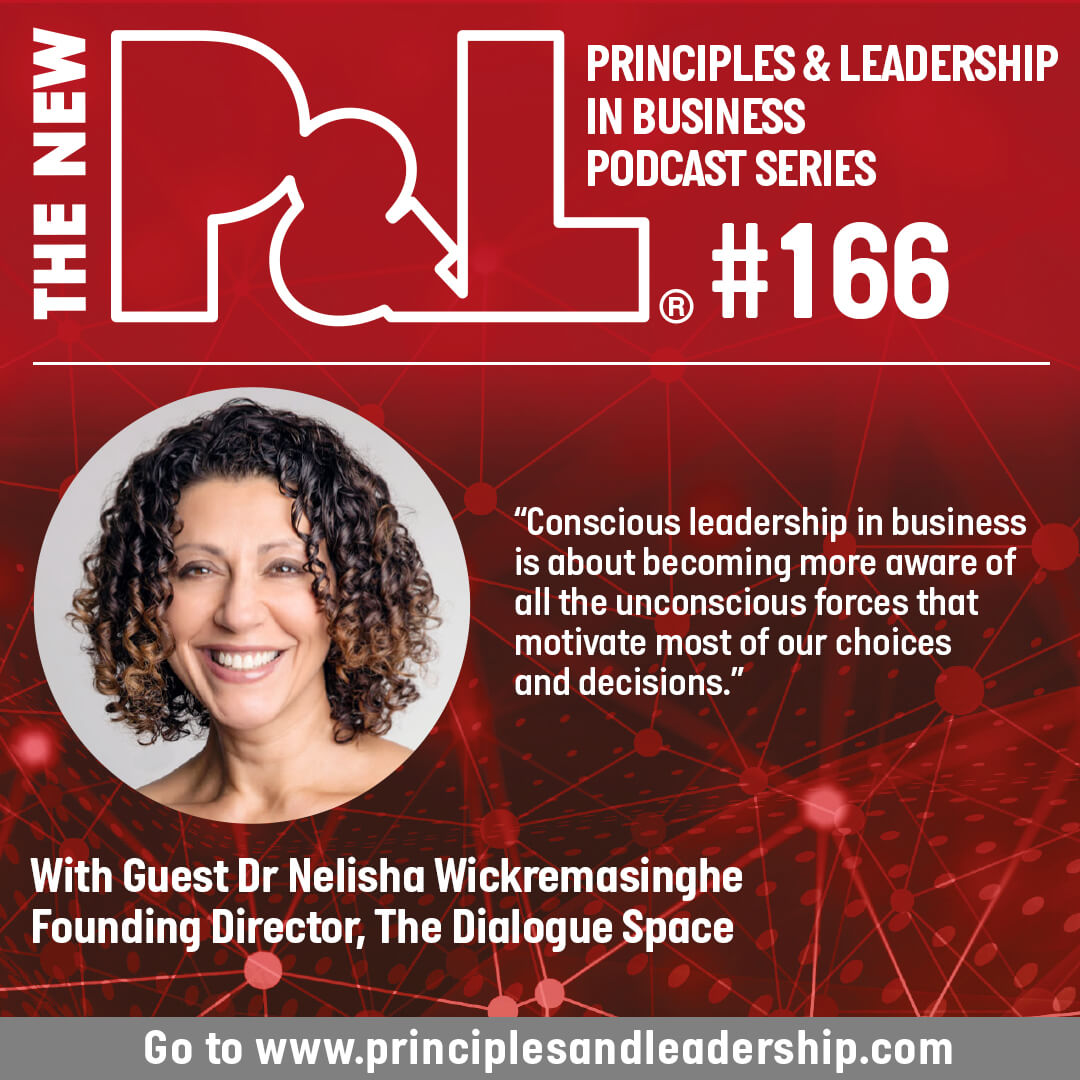
The New Principles & Leadership in Business podcast series #166
"Concious leadership in business is about becoming more aware of all the unconscious forces that motivate most of our choices and decisions."
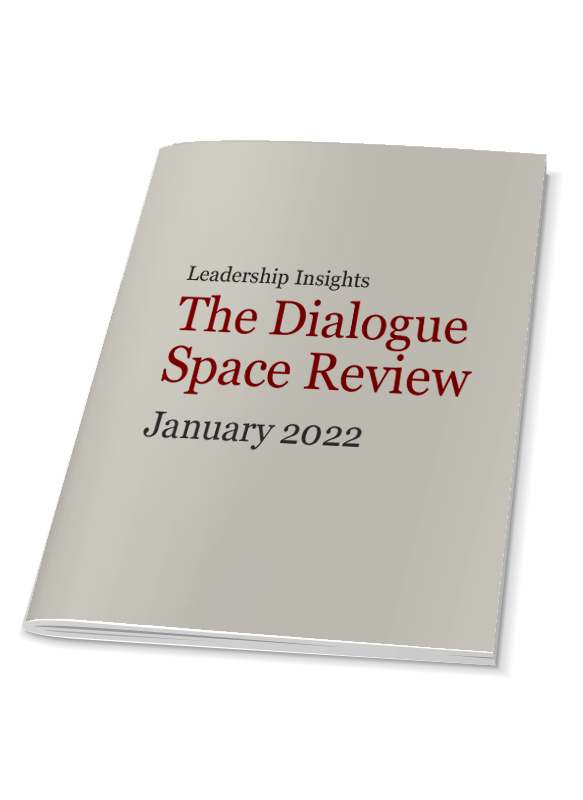
DS Review - Leadership Insights - January 2021
Characterful Leadership
How well do you know and lead your inner team?
Most of us can identify one or two inner voices that contribute to our internal dialogues or ‘self-talk’. A very common voice is that of our critic who, to different degrees, warns, drives, reprimands and punishes us. The inner critic and other voices – many of whom we pay little attention to – can be understood as characters who represent our different and often conflicting needs, desires and yearnings.
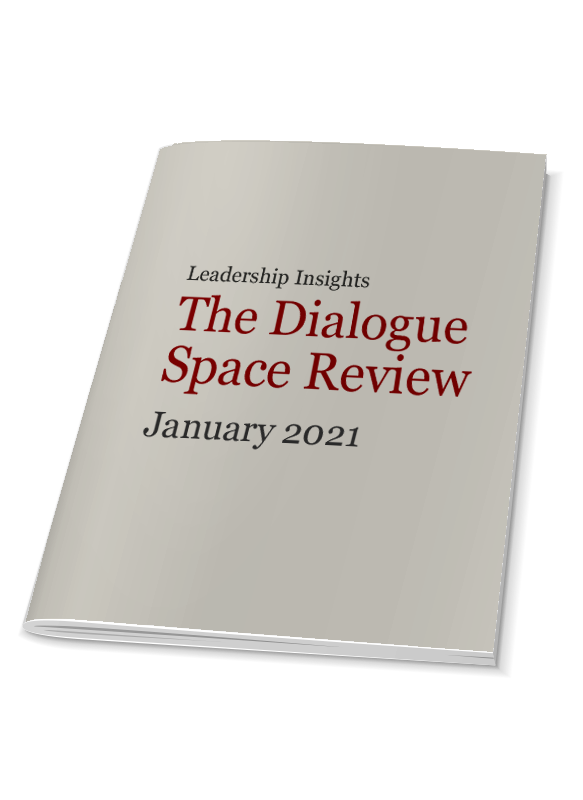
DS Review - Leadership Insights - January 2021
Perception Practices
Notice, Receive, Inquire, Imagine
"Four practices to re-direct our attention, stimulate our right brain capability and enable us to work effectively with uncertainty, conflict and complexity."
"Stretching and expanding our consciousness – what we are aware of or perceive – is how we acquire greater maturity and wisdom and how we can learn to respond effectively to the conflicts and uncertainties that are part of being human. "

DS Review - Leadership Insights - April 2020
The rise of the introvert
An opportunity to turn from toxic drive to reflective innovation
"Extravert characteristics and capabilities are valued and encouraged in Western cultures. Talking a lot, executing, getting things done, risk taking, quick decision making and the preference for high levels of stimulation are common habits of extraverts and we see these habits thrive in competitive, evaluative cultures dominated by toxic drive. Organisational culture is increasingly defined by such behaviours."
"The recent state of lock down triggered by the Covid-19 pandemic has seen most people grounded at home without opportunities to socialise, go to work, engage in taken-for-granted pastimes or to distract themselves in busy routines. The opportunities for extraversion have reduced. Instead we have been forced in on ourselves with time and uncertainty as our new companions."

DS Review - Leadership Insights - April 2017
Self Compassion in a VUCA world
"Most of our problems in and beyond the workplace arise because our body and mind is over exposed to real or imagined threat. Leaders need to support their employees to notice, understand and regulate their threat response in order to stay centred when experiencing, for example, work load pressure, performance anxiety, disruptive global trends, team conflict and rapid change. Research shows that self compassion triggers neurological activity in our ‘safe brain’ that regulates threat and restores emotional equilibrium. By cultivating our safe brain we increase individual and group resilience and with it, the potential to thrive and succeed in todays VUCA environments."


